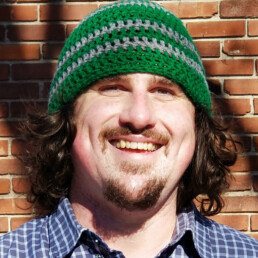By: Jim Brewster
Dive into the nuances of surname spelling variations from slight variations to drastic surname overhauls in this engaging genealogical exploration.
I wrote a blog last month about surname conventions and apparently people liked it? One person even gave this glowing review:
This blog is probably not the worst thing I have read this morning so far.
– Hugh Mann
Well with praise like that, I thought we could take a deeper dive into the topic.
Over the next few months, there will be a series of blogs going more in-depth into each type of naming convention listed in the previous post. To kick things off, I would like to address something that is applicable to all different types of surnames from just about any origin. That four letter word we all dread: name changes and spelling variations. That’s four letters, right? And one word? I dunno, it’s been a while since I took a math class. Anyway, let’s take a look at these two main categories and some common reasons why they occur.
Why do surname spellings change?
There are cases where the same family has slightly different spellings of their names. It is not uncommon to even find the same person with two or more different spellings in two or more different documents. Sometimes I wonder why my ancestors had to be so frustrating, but then I go visit my living relatives for the holidays.
Some of the common causes for spelling variations can be literacy and handwriting.
Low Literacy Affected Misspellings of Last Names
Today we take literacy for granted, but this was not the case for the majority of human history. In some regions of the world, it is still not common. Often, the only written records listing people’s last names were written by other people:
-
- Scribes
- Census takers
- Immigration officials
- Courts
- Clergy
In cases such as these, the person writing the name would spell it as they heard it. This led to names with different spellings that are all phonetically similar. Such changes are especially common in immigration records when there are additional factors such as accents and language barriers.
Difficult Handwriting Makes Deciphering Surnames from Historical Records Difficult
Let’s face it, some people have terrible handwriting. Anyone who has read a transcription of a document and compared it to an image of the original knows how easy it is to mistake one letter for another. Many documents are also written in an archaic method of writing called cursive. This is a nonsensical way of connecting more than one letter together that was used centuries ago and is nearly indecipherable for anyone born after the year 2000.
Back in the day, they also used f and s interchangeably for reasonf unknown.
The History of Alternate Surname Spellings
There are other instances where a surname variation is drastically different from the original surname. Often these changes can be attributed to:
-
-
- Cultural assimilation when different groups of people tried to match the majority culture they were surrounded by.
- Anglicization of a last name to match the Roman Alphabet.
- Silent letters may have been difficult for people to understand through verbal communication.
- Personal choice when a person did not want to be associated with their family line.
-
Surnames May Have Changed to Assimilate Into a New Culture
At different times and in different places, immigrants and minorities have been treated as different by the culture into which they were assimilating, and names play a major role in these prejudices. Actor, director, and screenwriter James Roday Rodriguez addressed this issue as recently as 2020 in an interview with Entertainment Tonight Online.
I do not cite this example to make a political statement on race relations (I leave such opinions to you, dear reader) but to point out a real world example of the driving force behind a name change. We sometimes like to think that such matters were a thing of the past, but they continue today. The races and cultures have changed over the years, but the fundamental issue remains.
Cultures have a tendency, to one degree or another, of grouping “us” and “them.” Anything that is “us” is safe, and anything that is “them” is something to be wary of. This gives the “us” group a sense of familiarity, belonging, and safety. I can only speak for myself, but in my experience, a better understanding of the “them” group leads to the realization that the difference is not as great as we may think, and that “different” does not have to mean “bad.”
However, whether consciously or unconsciously, these connections are often made. With the possibility of facing discrimination or even outright hostility, it is understandable that a person may want to change their name to fit in better to the new culture in which they find themselves.
English Invaders May Have Changed Surnames to Match the Roman Alphabet
In cultures where English speakers colonized, conquered, or otherwise inhabited lands occupied by other cultural groups, It was common to “anglicize” the surnames to ones easier to pronounce for English speakers. This is especially common for cultures using systems of writing other than the Roman alphabet. Such changes compound the issue of spelling variation presented by the other reasons in this article, as the spelling changes varied from one official to the next.
This occurs in other languages as well; though I must admit that as an American, the two languages I know best are English and Bad English, so these are the changes with which I am most familiar.
Silent Letters May Have Been Dropped in Surname Spelling to Prevent Confusion
Sometimes, even if the people of a culture used the same alphabet and was literate, spelling conventions could cause issues. Silent letters are notorious for this. If someone gets tired of spelling their name every time someone asks, they may change it just for convenience. One branch of my in-laws’ family was originally Roche. When they moved to Saint Louis, nearly everyone with that name spelled it Roach, so for convenience, they changed the spelling as well.
This example actually leads to another reason for changes. Roche/Roach came from the Latin rocca, meaning rock and was applied to persons living on or near a rocky geographic feature. The Celtic version of this is roach. Anglo-Norman invaders brought their own conventions, and this was changed to de la roche (of the rock). The prefix was eventually dropped, and it became Roche, the French spelling, despite being primarily of Celtic descent.
This is a good example of the complex interplay between cultural assimilation, language, and spelling.
Surname Variations Were Often a Personal Choice
Sometimes a person chooses to change the spelling of their name or their name altogether for personal reasons. My own paternal lineage is rife with people who were…um…less than stellar human beings, and one member of my family chose to change their name to dissociate from the family legacy. There are many cases of people running from trouble, family obligations, the law, the mob, or overly chatty neighbors, who choose to change their identities entirely.
Cases of people leaving family to start a new family in a new place with a new name can be especially challenging for genealogists, as the reasons behind these changes are often obscured by time or went unrecorded.
How can I find an alternate spelling of my surname?
If I have done my job reasonably well, you might be curious about your own surname: where it came from, when and why it might have changed over the centuries, and what it means. Well, dear reader, you are in luck. There are a couple of good resources I particularly like in exploring the origin of surnames:
-
-
- Behind the Name: Learn the etymology and variations of your first or last name.
- House of Names: This is a great source for the history of your surname.
-
If you have not done so already, a Y-DNA test is a great way to confirm your surname, discover name changes, and connect with other people who may shed more light on the name. Surnames are traditionally passed down through the direct paternal line in many cultures, and Y-DNA is inherited the same way. This means your matches will share your direct paternal line.
If you find unexpected surnames in your matches this could indicate a name change on your line or theirs. Finding a lot of the same name that is different from yours (for example, if you are a Brewster and all your matches are Johnson) could indicate a NPE (non-paternal event) in your family history.
Once you have taken a test, Surname Projects can be a great resource to help answer questions that you may have about your line. These projects are free to join and are a good way to connect with others who share that name and who may have answers to your questions. Take a look at our Group Project list to see if your surname is covered.
Lastly, I would like to mention that I know this list is by no means comprehensive of the reasons that names may have changed. It has been, and continues to be, my goal to provide engaging material to get people excited about genealogy. If you have suggestions or resources for future articles, leave a comment below or contact us, and I will do my best to address those questions and concerns.

About the Author
Jim Brewster
Contractor for FamilyTreeDNA
Jim Brewster was born at a very early age and gradually became older. He has been in the genetic genealogy field since 2014 and delivered numerous presentations at genealogy conferences. He has helped with collaborations between FamilyTreeDNA and non-profit organizations and for some reason FamilyTreeDNA decided to let him write stuff too.
With a proven track record of both doing things and accomplishing stuff, Jim enjoys presenting and writing about genetic genealogy methods and the science of DNA testing. In his free time, he enjoys puns and cat pictures.



